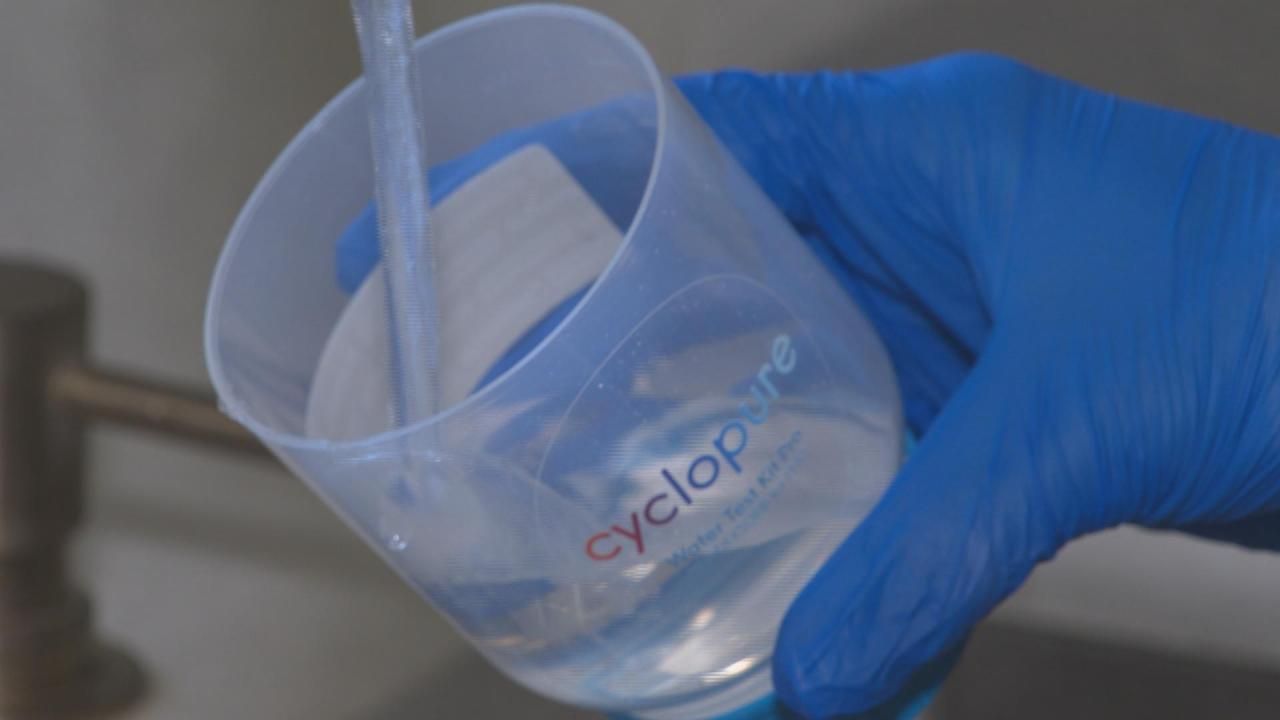State officials update progress on 1,4-dioxane, PFAS regulations

The North Carolina Department of Environmental Quality (NCDEQ) discussed proposed regulations for forever chemicals, part of a chemical group called per- and polyfluoroalkyl substances (PFAS).
Jamie Dewitt, a pharmacology and toxicology professor from East Carolina University who has been researching the immunotoxicological effects of PFAS, is a member of the NCDEQ Secretaries' Science Advisory Board (SSAB) and was part of Thursday's meeting in Raleigh to weigh in on how the state agency can effectively address contaminants in drinking and groundwater.
“North Carolina is the third highest state for PFAS exposure,” DeWitt said in a symposium for the National Institute of Health Sciences. “People who have certain types of PFAS exposure have health effects that include cancers, cholesterol diseases, pregnancy-induced hypertension and preeclampsia, and thyroid disease... among others.”
North Carolina has been grappling with how to clean up the compounds after researchers discovered high levels in the Cape Fear River in 2017. Many compounds, including GenX, were uniquely manufactured by Chemours, a chemical company and subsidiary of Dupont. In the years following, researchers and government agencies have discovered high levels of multiple compounds in drinking water systems and private wells across the state.
NC DEQ is advancing plans for rulemaking for eight forever chemicals, including GenX and legacy compounds PFOA and PFOS that were used in Teflon non-stick cookware and other consumer products before being phased out due to health risks.
Stephanie Bolyard, Senior Engineer to the Assistant Secretary with NCDEQ, said in a presentation to the SSAB that the Environmental Protection Agency is expected to finalize drinking water standards for PFAS in the coming month and the state will utilize the federal regulation to create state rules.
The EPA proposed drinking water standards for six PFAS in 2023 and determined in a recent 5-year data review that about one in four Americans get their water from a system where toxic forever chemicals were found, at levels high enough to require reporting to the EPA.
On March 27, 2024, the White House Office of Management and Budget (OMB) concluded its review of EPA’s final rule establishing a national drinking water regulation to limit concentrations of certain PFAS in drinking water. When issued, this rule will be the first time the federal government has set enforceable standards for any PFAS in drinking water.
Bolyard said NCDEQ plans to utilize surface water standards to ease the burden on drinking water treatment plants to remove the chemicals. The agency will also consider PFAS and other contaminants in fish consumption regulations.
NCDEQ is analyzing PFAS removal technology that has already proven to be effective and scale-able, such as reverse osmosis or carbon filtration, though these methods can be costly. Two years ago, Wilmington's water utility installed eight Granular Activated Carbon filters to remove PFAS compounds for $43 million, accruing millions in yearly costs to maintain filters.
Bolyard said the agency is utilizing a cost-benefit analysis that will be completed in the coming weeks to compare compliance costs for the public and private sectors with the benefits to human health and the environment.
According to NCDEQ's 2B implementation schedule, the agency will continue assessment monitoring through 2025, start certified monitoring in 2026, and start industrial permits with limits and compliance schedules in 2027.









